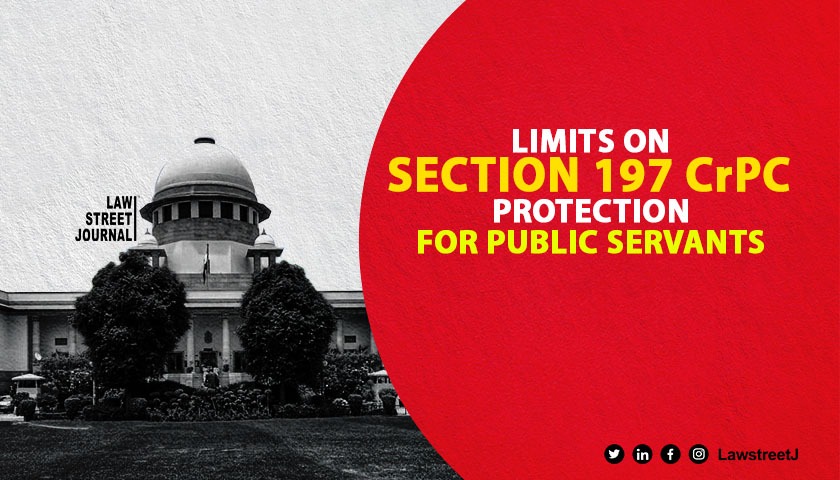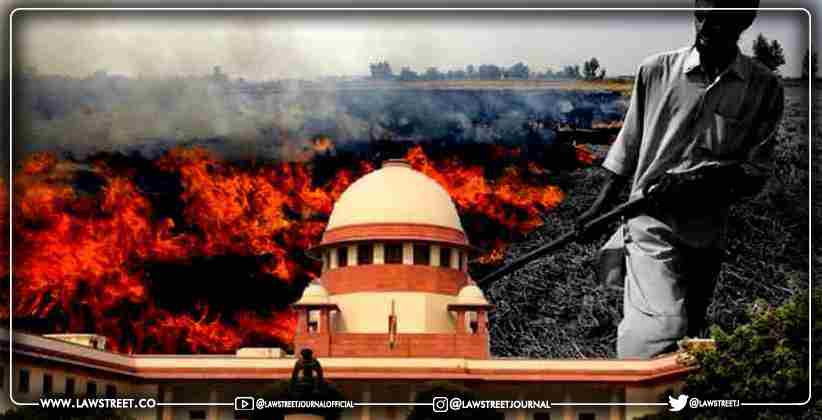NEW DELHI: The Supreme Court on Wednesday said that Section 197 of the Code of Criminal Procedure mandating to seek prior sanction from competent authority for prosecution of judges and public servants, would not extend its protective cover to every act or omission of a public servant while in service.
A bench of Justices Abhay S Oka and Ujjal Bhuyan said that Section 197 CrPC was restricted to only those acts or omissions which are done by public servants in the discharge of official duties.
According to Section 197(1) where any person who is or was a judge or magistrate or a public servant not removable from his office save by or with the sanction of the government is accused of any offence alleged to have been committed by him while acting or purporting to act in the discharge of his official duty, no court shall take cognizance of such offence except with the previous sanction of the central government or the state government, as the case may be.
The bench said the ambit, scope and effect of Section 197 CrPC has already received considerable attention of the apex court.
It is not necessary to advert to and dilate on all such decisions. Suffice it to say that the object of such sanction for prosecution is to protect a public servant discharging official duties and functions from undue harassment by initiation of frivolous criminal proceedings," the bench said.
The bench allowed an appeal against the Karnataka High Court's order which had quashed a criminal complaint and a charge sheet filed against a government official, village accountant Mallikarjun for allegedly faking death certificate and other documents.
The complainant questioned the November 2020 order by the high court which held that since sanction to prosecute the accused was denied, his prosecution for criminal offences cannot continue.
"We are of the unhesitant view that the High Court had erred in quashing the complaint as well as the chargesheet in its entirety, the bench said.
The bench said the question whether accused was involved in fabricating official documents by misusing his official position as a public servant is a matter of trial.
The court also said the High Court was not justified in quashing the complaint as well as the chargesheet in its entirety, more so when there are two other accused persons, besides the respondent.
It also noted the accused had unsuccessfully challenged the complaint in an earlier proceeding under Section 482 CrPC before the High Court, however, in subsequent plea, instead of confining the challenge to the charge sheet, he also assailed the complaint as well which he could not have done.






![Order to appoint One Man Committee of Justice (Retd.) Lokur for the Prevention of Stubble Burning Kept in Abeyance by SC itself [READ ORDER]](/secure/uploads/2020/10/lj_8849_Order_to_appoint.jpeg)







